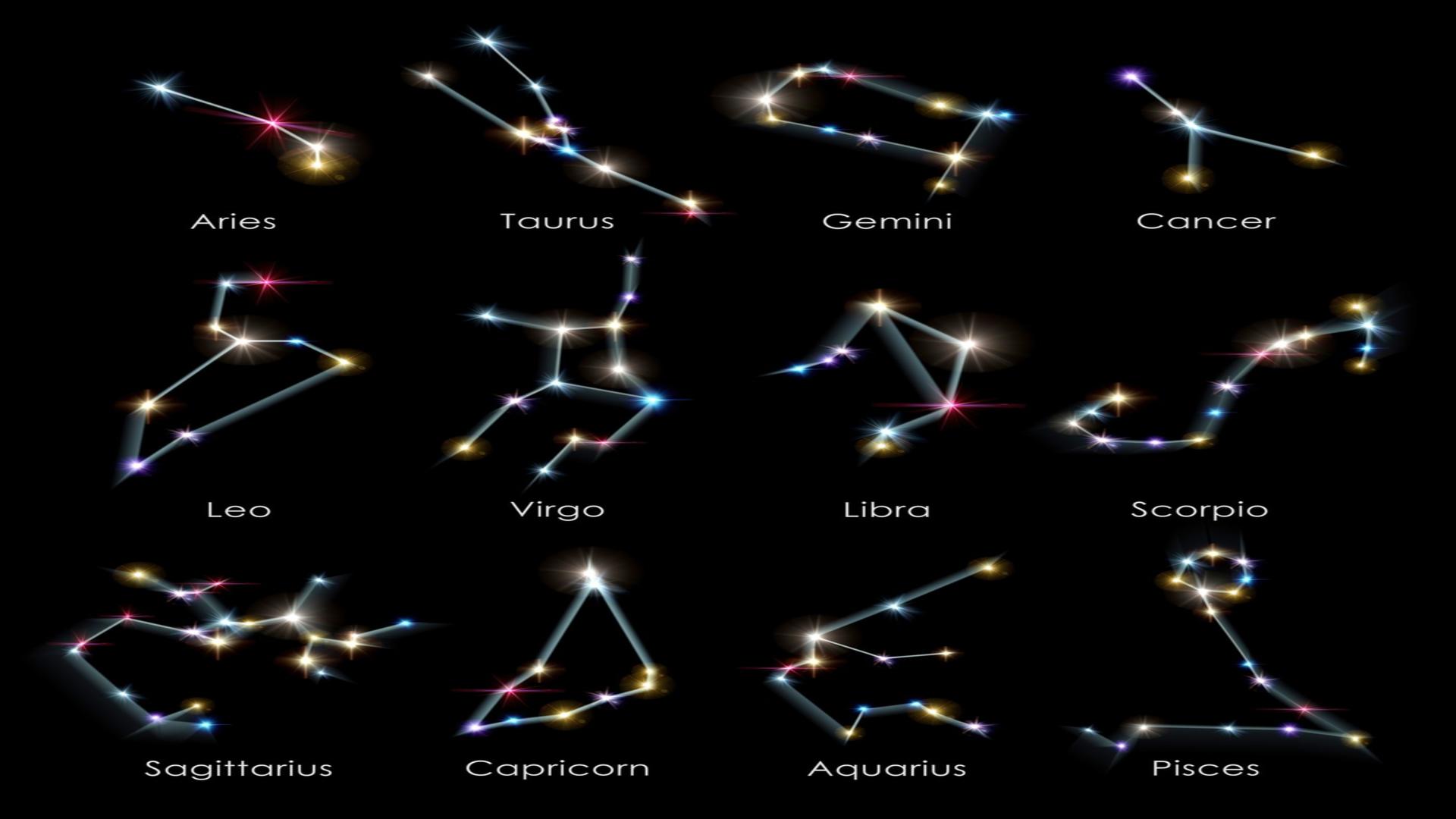When Tunji Balogun took over Def Jam in January 2022 after a career working with stars such as Kendrick Lamar at Interscope; Khalid, Bryson Tiller, H.E.R. and Wizkid at RCA; and Normani at his own Keep Cool imprint, he says he found a label with “a lot of question marks. There was a lot of instability. It seemed like there were a lot of different perspectives.”
In the five years prior to Balogun’s tenure, Def Jam had been in a state of near-continual upheaval. After Steve Bartels exited as CEO in 2018, Eminem manager and Shady Records co-founder Paul Rosenberg took the job but lasted only two years. Jeffrey Harleston, executive vp of business affairs/general counsel of the label’s parent company, Universal Music Group (UMG), ran Def Jam on an interim basis — which coincided with the pandemic — until Balogun was hired. By that time, nearly a decade had passed since someone with an A&R background had led the company.
Not surprisingly, Balogun inherited a label in serious need of reinvention. “It felt like there was an overreliance on the existing roster and not as much of a focus on what comes next,” the A&R veteran and former rapper says. “The current roster was strong, especially at that time. You still had Kanye [West], and [Justin] Bieber was releasing a lot of music; Jhené [Aiko] had a big album. But the reality is, you always need that next wave of artists that’s going to continue turning the page, and I put the focus on that from day one.”
Balogun quickly set to work reshaping the roster, signing Muni Long, Coco Jones and Armani White while expanding into dancehall with Masicka and into Afrobeats with Adekunle Gold and Odumodublvck, in partnership with Native Records. Some of it has paid off: Muni Long and Jones were nominated for best new artist at the Grammy Awards in 2023 and 2024, respectively, and each won for best R&B performance in subsequent years, a first for any label in that category.
The plaque commemorating Childish Gambino’s “This Is America” going two-times platinum reminds Balogun “of one of the most unique and impactful records I’ve been lucky enough to play a small part in bringing to the world.”
But the path forward, which Balogun says includes “being deliberate about giving our artists resources and nurturing them,” has had its setbacks. Def Jam’s market share has declined for the past three years — a downturn that began before Balogun arrived — and sat at 0.65% at the end of 2023, according to Luminate. And the label that once released culture-shaping music by LL COOL J, Public Enemy, Jay-Z, West and Rihanna had no chart-topping albums.
There was more upheaval as a result of the restructuring and layoffs at UMG in the first few months of the year, which led to Balogun reporting to Republic co-founder/CEO Monte Lipman and Def Jam’s urban promotions and public relations staff moving into the new Republic Corps shared-services division. “It was difficult for us, just as I’m sure it was difficult for any other label to have to go through” layoffs, he says, adding, “I actually think we are more focused and more aligned and more set up for success now.”
Despite these changes, Balogun’s reset is gaining momentum and market share is on the upswing. After Muni Long’s “Hrs & Hrs” reached No. 16 on the Billboard Hot 100 in 2022, her latest single, “Made for Me,” reached No. 20 on the March 9 chart and became her second No. 1 hit on R&B/ Hip-Hop Airplay, where it has reigned for five weeks. That will lead into her forthcoming debut album, part of a slate of releases this year from Jones, Aiko, Vince Staples, Big Sean, Alessia Cara, Wale, LL COOL J and Chuck D, among others.
As Def Jam celebrates 40 years of history, Balogun says the label is driving forward once again. “I want to get to a place where we’re not defined by nostalgia; where nostalgia is just a part of the magic,” he says. “I do think we’re heading there. But it’s a heavy task.”
Balogun says the boombox is “a reminder of my musical roots and the magical era when Def Jam began to change the world.”
Def Jam is 40 years old. What does that mean to you?
Def Jam, to me, has always stood for forward-thinking, cutting-edge Black music. And I’m careful to say “Black music” and not just “Black artists” because if you have something special like a Beastie Boys or eventually a [Justin] Bieber, it belongs on the label as well. It was the first label that felt like [it had] a point of view. If you plot the course of the label over time, there has always been risk-taking signings that reflect where music is going. The goal is to continue that tradition and bring it into the future. My entire career, most of my successes have been a little bit left of center: riskier signings, artists that have their own point of view.
When you accepted the role, what was your strategy, and how did it change once you got to Def Jam?
My plan was to look under the hood, meet every single artist and employee and have genuine, one-on-one conversations with them. I found that there was a lot of instability. There wasn’t a focus on the new, which is everything I saw when I worked with Jimmy Iovine, John Janick, Peter Edge.
Did the label need a cultural reinvention?
Yes. I am a walking reset button for Def Jam. That’s not to disrespect anyone who was here before me. It was more about bringing [the label] into my world and the way that I move. I try to be a reflection of what’s happening in the creative community. That’s always going to be my superpower: I’m tapped in with the producers and the artists. Def Jam has always been the culture’s label, the most down-to-earth label, that feels like a reflection of the people. I want to reestablish those values.
How do you balance that with the need for hits?
I want more hits, but to get to that point, you need to plant multiple seeds and allow them to flourish. You can’t just put [a song] on MTV and the radio and it’s over. There needs to be 100 discovery points, a digital story, an [in real life] story, an artist proposition, a song that’s special, and all those things need to align in one moment. When I started, I told Lucian [Grainge] that I’m a long-term guy and I’m willing to wait for the moment. I’m not pressed to chase numbers, chase the algorithm, chase the hot new thing of the week. I’m going to wait until I find something really special that makes my skin tingle, and then I’m going to go for it.
“My small but mighty jewelry collection”: his wedding band and his half of matching Cartier rings that he and his wife wear. His mother gave him the chain with the charm and matching ring when Balogun was in Nigeria “reconnecting with my roots. She literally took the chain off her neck and put it around mine.” A few months later, she “hooked me up to complete the look” with the ring. He wears it on his left pinky and the Cartier on his right.
How has the UMG restructure affected you and Def Jam?
The biggest changes are in radio promotion, where now we work with Republic’s rhythm and pop staffs. We retained our urban team, which now services the whole group. Since this is Def Jam, the vast majority of these records are going to start in that urban radio space, so it actually, so far, has been really seamless. The other major change is in the publicity space, where we now share resources with the Republic Corps team. From the inside looking out, it has been pretty smooth, and there hasn’t really been much of a drastic change. We’re very much continuing on that path that we’ve been on since I got here.
What’s an example of how the new structure has worked?
A great example of the synergy has been the work that we’ve done with Muni Long’s “Made For Me” record, which our team got started. We got it to No. 1 at R&B and urban radio right as the transition was happening, and then we seamlessly passed the baton to [Republic’s] Gary Spangler and his team, and they got it to No. 1 at rhythm and now they’re building at [adult top 40] and top 40 radio. The creative and the energy and the ideas are still coming from Def Jam, but once we reach certain thresholds, we collaborate with the larger team. That song is still going from strength to strength. It’ll end up as one of the biggest R&B songs of the year, and it’ll set up Muni’s album. It feels like we have more tools in terms of artist development, and now we can approach things from different angles, depending on what the most effective strategy is.
One of the consequences of planting seeds, as you put it, is that Def Jam’s market share has been dropping. Are you worried you’re not going to have the time and space to watch these seeds grow?
No. It doesn’t change the conversation I had with Lucian at the beginning. That’s something that everyone that I deal with understands. I’m also not a dictator who thinks he knows everything. I’m willing to learn and grow, and for me, this [restructuring] is another opportunity to grow. There are things that I’m excited to work on with some of the other labels now that there’s a possibility of doing things together. I’m already moving like that.
Def Jam scored best new artist Grammy nominees in each of the past two years. What does that signify for you?
We are making progress. But every single person who I’ve spoken to who has gone through this [experience] has said it’s probably going to take three, probably four or five years. We’re at the beginning of year three. My biggest fear was, “Am I going to be able to go in there and break new acts?” Now I know we’re able to do it. Every time I’ve bet on myself, I’ve found success. I’m confident in that, and I’m confident in my team and in our artists. We’re already on an incline, so I don’t see how that stops.
How do you want the next 40 years of Def Jam’s artists to define the label?
I want Def Jam to be the destination for the next generation of global Black music. That is my mission statement. In many ways, it reflects what the label has always been, but it brings in all the new scenes and sounds and strains of music — everything from U.K. R&B, to Nigerian drill, to amapiano from South Africa, to a really special country act from Missouri, the next incredible lyricist from New York or the next really special female MC from Atlanta. All these different worlds and sounds need to exist within this label. I truly believe that we are the only major label that’s synonymous with pushing Black music forward.
This story originally appeared in the May 11, 2024, issue of Billboard.





